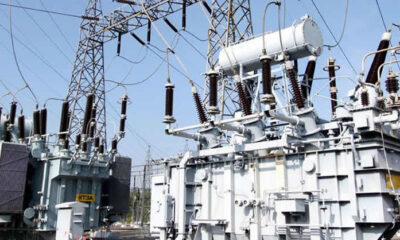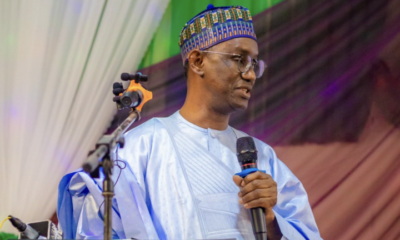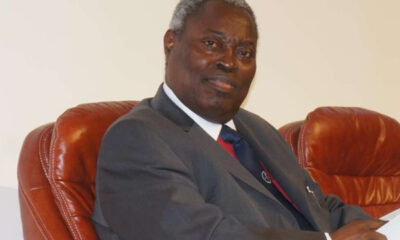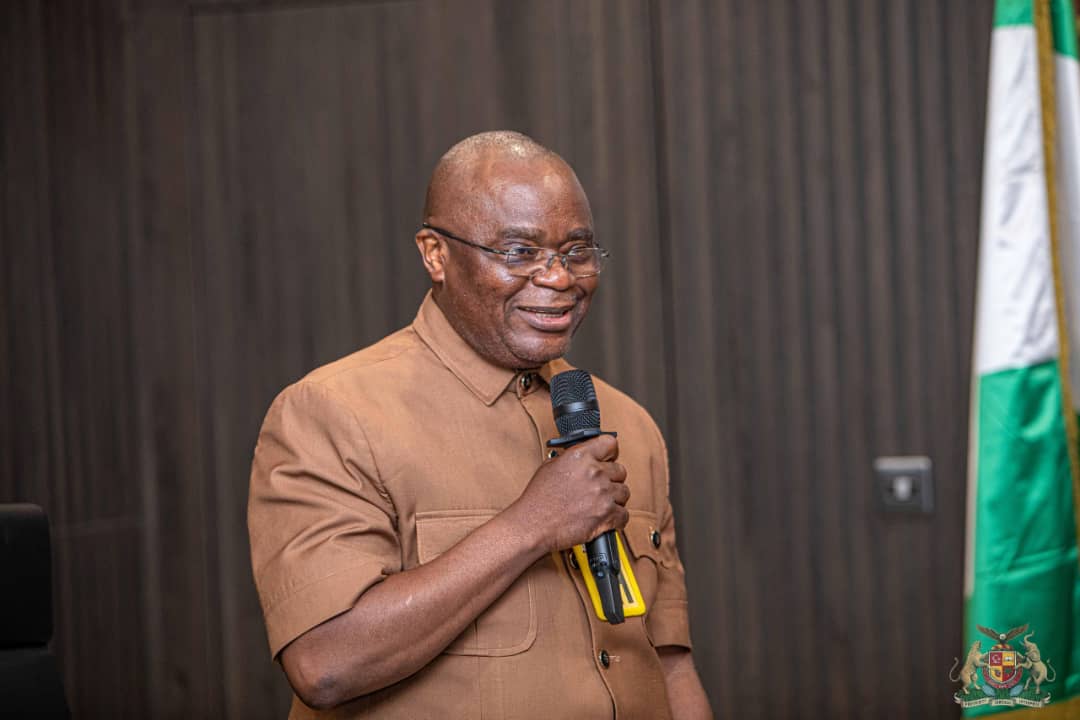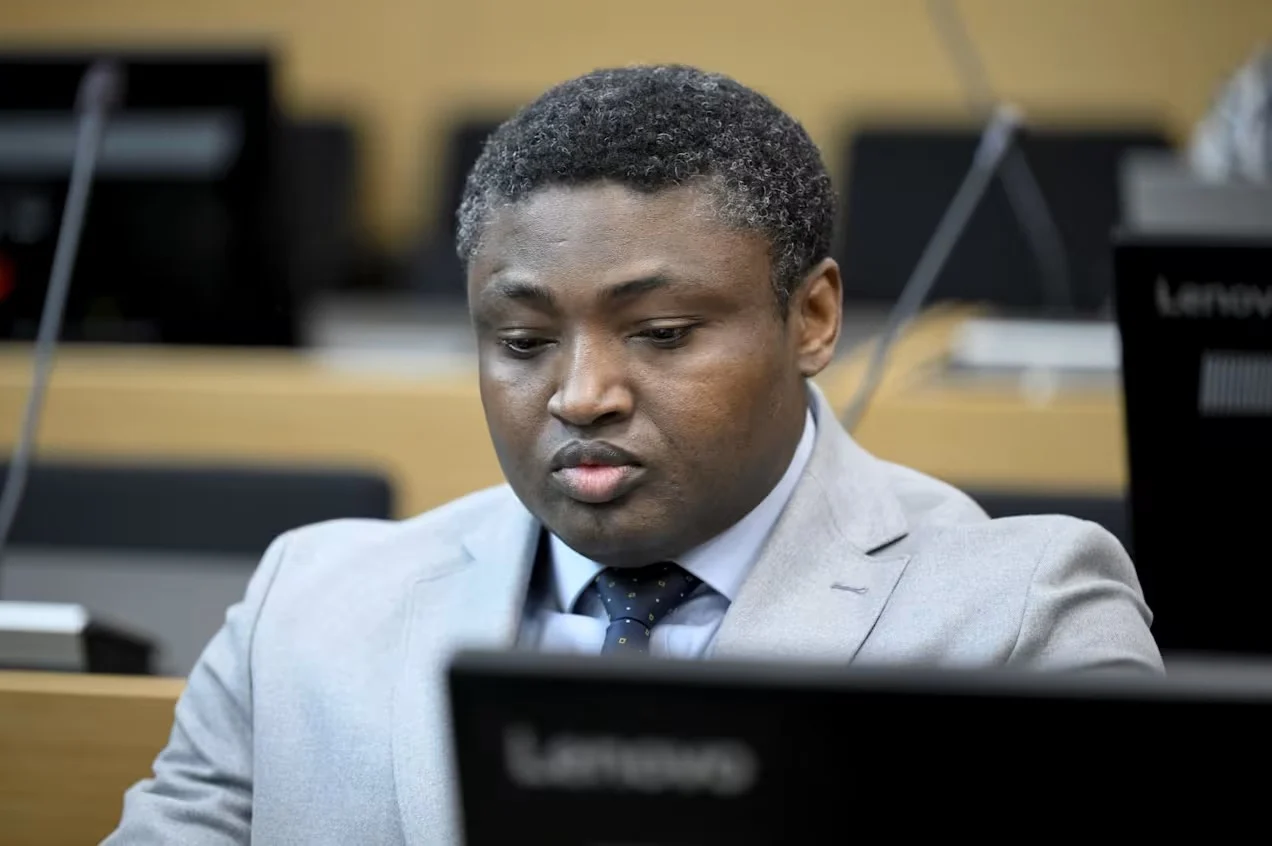The Federal Government has set aside N575.6 billion in its special finance budget to bolster the fight against insecurity and continue the anti-insurgency struggle.
A total of N184.25 billion was approved for the procurement of military equipment, weaponry, and ammunition under this.
This most recent amount was included in the N2.18 trillion supplementary budget for the fiscal year 2023, which was approved by the Federal Executive Council on Monday.
Details of the 2023 supplementary budget obtained by our correspondent on Tuesday indicated that out of this N552.6bn, the Ministry of Defence and the Armed Forces have been allocated over N147.03bn to upscale internal operations against Boko Haram, bandits, kidnappers, and other anti-insurgency wars.
Of the eight military and defense agencies allocated the total sum, the Nigerian Army, Nigerian Air Force, and the Nigerian Navy will get N211.5bn, N112.2bn, and N62.8bn, respectively. The three forces got the largest chunk of the military budget.
Out of this amount, recurrent expenditure will gulp over N245.1bn and capital expenditure, N329.99bn.
Speaking at the end of this week’s Federal Executive Council meeting at the Aso Villa, the Minister of Budget and Economic Planning, Abubakar Bagudu, said the budget is to “fund urgent issues, including national defense and security.”
Bagudu said, “N605bn for national defence and security is to sustain the gains made in security and to accelerate and these are funds that are needed by the security agencies before the year runs out.”
Equally, a sum of N300bn was provided to repair bridges, including Eko and Third Mainland Bridges, as well as the construction, rehabilitation, and maintenance of many roads nationwide before the return of the rainy season, while N18bn was provided for the Independent National Electoral Commission for the conduct of the Bayelsa, Kogi, and Imo elections and N5.5bn for the funding of the take-off of the student loans board, which begins loan disbursement in January 2024.
The document stated that N49.99bn was allocated to the Ministry of Defence, out of which N33.6bn was given as recurrent and N16.4bn as capital.
Out of the Nigerian Army’s N211.5bn, recurrent got N116.3bn while N95.2bn will go to capital expenditure. Also, N49.04bn was earmarked for the Department of State Services.
…plans purchase of arms and ammunition worth N184.25bn
Prominent among the capital projects of the Nigerian Army is the purchase of arms and ammunition, including the refurbishment and up-gunning/upgrade of 155mm self-propelled Howitzer Palmaria, artillery guns at the cost of N27.1bn, arms, ammunition and ancillary equipment for the Nigerian Navy at N8.92bn.
The Nigerian Air Force, which is also acquiring aircraft arms and ammunition budgeted N80.48bn.
The Department of State Services also listed N36.99bn for the acquisition of an IMSI catcher upgraded version at N1.19bn, MMG556 at the cost of N5.96bn, AK Alpha Rifle at N1.40bn, RPG 7V2 (40MM) at the cost of N1.53bn.
Other security agencies including the Ministry of Defence, the Nigerian Navy and Police got N7.5bn, N11.93bn, and N20.33bn respectively.
Our correspondent also observed that N31.59bn was budgeted to boost the morale of security officers in the form of allowances and severance packages.
This follows reports that 186 security operatives in the country have paid the supreme price while carrying out their duties in the country between January and September 2023
The security operatives including personnel of the military, Nigerian Security and Civil Defence Corps, the Vigilante Group of Nigeria, and the Nigeria Police Force paid the ultimate price while fighting crime in Zamfara, Niger, Borno, Delta, Imo, Anambra, Benue, and Enugu states, among others.
The government approved payment of N1.13bn for the insurance of the Nigerian Police Force critical assets for 2021/2022 policy, security debarment allowance for 37 and 38 regular courses at the cost of N18bn, N5bn was approved for the payment of outstanding group life assurance to the deceased for personnel from year 2011 to 2023 while N795m was appropriated for the burial expenses of deceased officers between August 2021 and March 2023 amongst other welfare packages.
To boost oil theft fight with N16.03bn
Meanwhile, the federal government has approved the sum of N16.02bn to boost the fight against oil theft in the Niger Delta region.
The project code-named Operation Dakatar da Barawo means ‘stop the thief’ in Hausa language and is domiciled under the Nigerian Navy.
The operation launched in September 2022 is a special operation launched by the Nigerian Navy in collaboration with the Nigerian National Petroleum Limited to stop oil thieves from further sabotaging the nation’s oil and gas installation in the Niger Delta region.
The government also plans to spend N5.09bn on the president’s yacht.

 BIG STORY5 days ago
BIG STORY5 days ago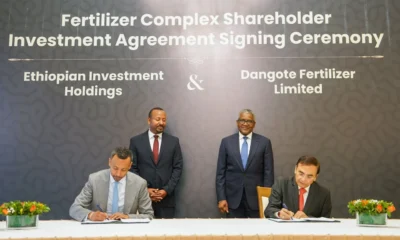
 BIG STORY4 days ago
BIG STORY4 days ago
 BIG STORY3 days ago
BIG STORY3 days ago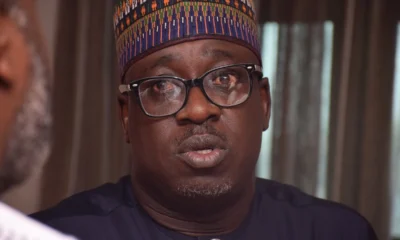
 BIG STORY4 days ago
BIG STORY4 days ago
 BIG STORY4 days ago
BIG STORY4 days ago
 BIG STORY15 hours ago
BIG STORY15 hours ago
 BIG STORY5 days ago
BIG STORY5 days ago
 BIG STORY3 days ago
BIG STORY3 days ago











